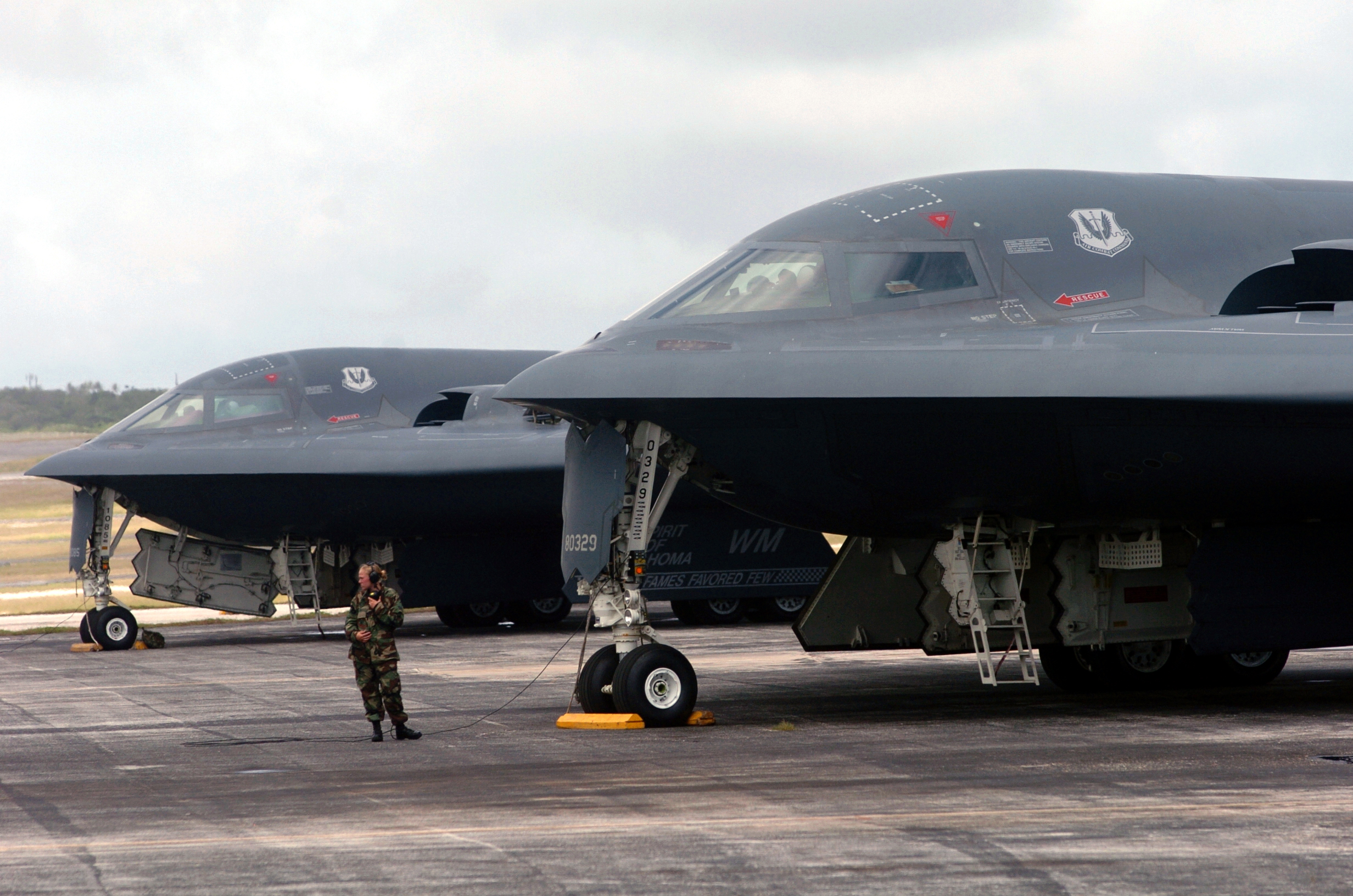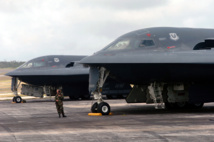Experts note that this step will certainly cause a tough reaction from Beijing's side. Euan Graham, the international security program director of the Lowy Institute noted in an interview with Reuters, that China would regard this action as a part of the US’s strategy for troops surroundings. "Beijing will see this in the context of the White Paper on Defence of Australia (the country's military doctrine, which was published in February 2016), for which they have already expressed certain dissatisfaction" - suggested the expert. Recall that in the White Paper, the Australian authorities have promised to increase the defense budget by $ 22 billion. This, according to the authors, is necessary for the protection of strategic and commercial interests of the country in the Asia-Pacific region in the context of the rise of confrontation with China.
The decision of B-1accommodation in Australia has not been taken yet, noted spokesman for the US Air Force Command in the Asia-Pacific Region (APR) Colonel Damien Pickart. "We are in talks in this regard - said he.- This will strengthen our regional ties, will provide US commanders in the APR with global capabilities to help keep the peace in the Indo-Asia-Pacific region." In addition to the potential placement of B-1, the United States plans to increase the number of missions of older B-52 bombers already deployed in the country.
Over the past three years, Beijing has intensified its activity in the South China Sea region, where China and the countries of Southeast Asia dispute sovereignty over thousands of small islands located on important trade routes. In February, US satellites detected placement of several radars on the island of Woody on Spratly archipelago. Apart from the radio locators, the Americans spotted air defense systems and fighter-bombers belonging to the PRC. Earlier, there were reports that China also maintains a covert military activity on the Paracel Islands.
According to the United States and the West in general opinion, China’s militarization in the region may prevent freedom of movement in this important in terms of world trade area. At the end of 2015, the United States began to conduct operations in the South China Sea to ensure freedom of navigation – precisely, passage of US warships in the waters of the islands occupied by China. Speaking in Canberra, US Army General Lori Robinson said that the operation, which is opposed by Beijing, will be continued. "We urge everyone in the region and in the world to swim and fly into the international space in accordance with international norms and rules," - he added.
source: reuters.com
The decision of B-1accommodation in Australia has not been taken yet, noted spokesman for the US Air Force Command in the Asia-Pacific Region (APR) Colonel Damien Pickart. "We are in talks in this regard - said he.- This will strengthen our regional ties, will provide US commanders in the APR with global capabilities to help keep the peace in the Indo-Asia-Pacific region." In addition to the potential placement of B-1, the United States plans to increase the number of missions of older B-52 bombers already deployed in the country.
Over the past three years, Beijing has intensified its activity in the South China Sea region, where China and the countries of Southeast Asia dispute sovereignty over thousands of small islands located on important trade routes. In February, US satellites detected placement of several radars on the island of Woody on Spratly archipelago. Apart from the radio locators, the Americans spotted air defense systems and fighter-bombers belonging to the PRC. Earlier, there were reports that China also maintains a covert military activity on the Paracel Islands.
According to the United States and the West in general opinion, China’s militarization in the region may prevent freedom of movement in this important in terms of world trade area. At the end of 2015, the United States began to conduct operations in the South China Sea to ensure freedom of navigation – precisely, passage of US warships in the waters of the islands occupied by China. Speaking in Canberra, US Army General Lori Robinson said that the operation, which is opposed by Beijing, will be continued. "We urge everyone in the region and in the world to swim and fly into the international space in accordance with international norms and rules," - he added.
source: reuters.com



















